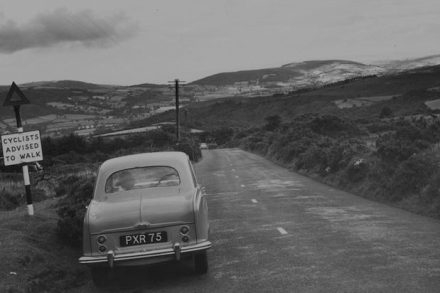I quit
In Competition No. 2974 you were invited to submit a resignation letter from God. Despite mankind’s attempts to kill Him off, God has continued to bounce back. ‘The Almighty,’ as Terry Eagleton puts it in his book Culture and the Death of God, ‘has proved remarkably difficult to dispose of.’ But what if He decided one day that He’d had just about enough of us all (Gexit, as Ken Stevens termed it)? Now seems as likely a time as any, so it’s over to you. The winners take £25 each. Over the years, the human race has been taking part in a momentous democratic process. It is right




















